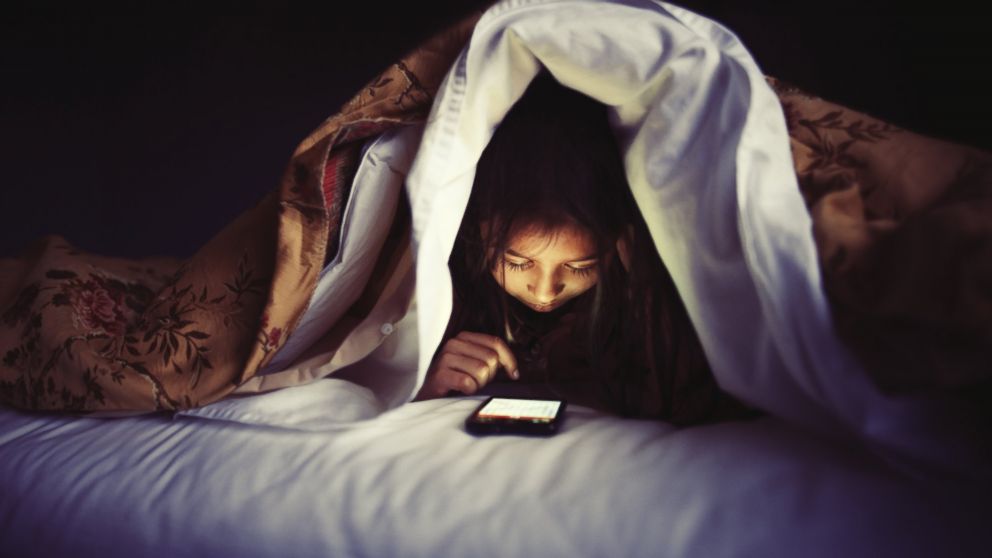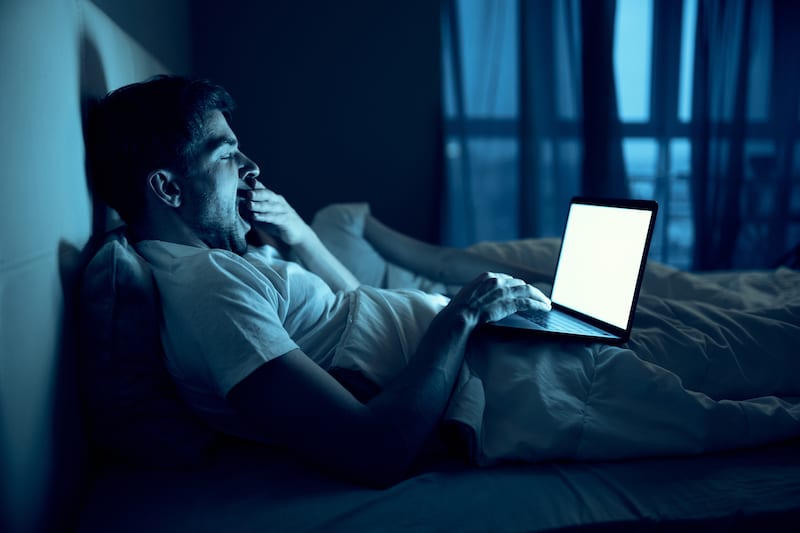
Unplugging Before Bed: The Science Behind Screen-Free Sleep
For many of us, scrolling through our phones or watching just one more episode on our laptops has become a nightly ritual before sleep. Yet, countless studies advise against the use of electronic devices in the hour leading up to bedtime. Why does this matter, and how does it impact our sleep and overall health?
In this article, we delve into the reasons why it might be time to re-evaluate our pre-bedtime habits, prioritizing a more traditional approach to winding down for the night.
The Lure of the Screen: Our Modern-Day Conundrum
Electronic devices, particularly smartphones, have integrated seamlessly into our lives, revolutionizing the way we communicate, work, and entertain ourselves. Yet, as with anything, moderation is crucial. Over-indulgence, especially before bedtime, can result in a range of adverse effects on our well-being.
What is it about these devices that make them potential sleep stealers? The answer lies in a combination of psychological, physiological, and environmental factors that these gadgets unwittingly introduce to our evening routines.
Blue Light and Our Body Clock
Blue Light: A Sleep Disruptor
Electronic devices, including phones, tablets, and computers, emit a type of blue light. Exposure to this specific light spectrum can suppress the production of melatonin, a hormone responsible for regulating our sleep-wake cycle. Lower levels of melatonin can delay sleep onset, reduce the amount of REM sleep, and even reset our body’s internal clock, or circadian rhythm, leading to disrupted sleep patterns.
Resetting the Circadian Rhythm
Our circadian rhythm, a natural internal process that regulates the sleep-wake cycle, repeats every 24 hours. Evening exposure to blue light can shift this rhythm, making it harder to wake up in the morning and difficult to sleep at night. It’s akin to giving oneself a mini dose of jet lag.
Mental Stimulation Over Relaxation
It’s not just about the light. The content we consume – whether it’s a thrilling movie, an engaging article, or social media updates – stimulates the brain. Such activity can make it harder to relax and wind down, making the transition to sleep more challenging.

Physical Strain and Discomfort
Using electronic devices often means staring at a screen at close range, leading to eye strain. Symptoms of digital eye strain include dryness, irritation, and difficulty focusing. This physical discomfort can make it more challenging to fall asleep.
Beyond the eyes, the posture we adopt while using these devices can lead to physical discomfort. Neck strain from looking down at phones or back issues from sitting hunched over a laptop can contribute to restlessness when trying to sleep.
The Verdict: Embrace a Screen-Free Bedtime Routine
If you’re seeking better sleep quality, consider adjusting your nighttime routine. Embrace activities that don’t involve screens, such as reading a physical book, practicing relaxation exercises, or simply enjoying a quiet moment of reflection.
Establishing a screen-free bedtime routine can pave the way for better rest, improved mental well-being, and a healthier approach to technology consumption. In an age where screens are ubiquitous, making a conscious effort to unplug can be one of the best gifts you give yourself.
